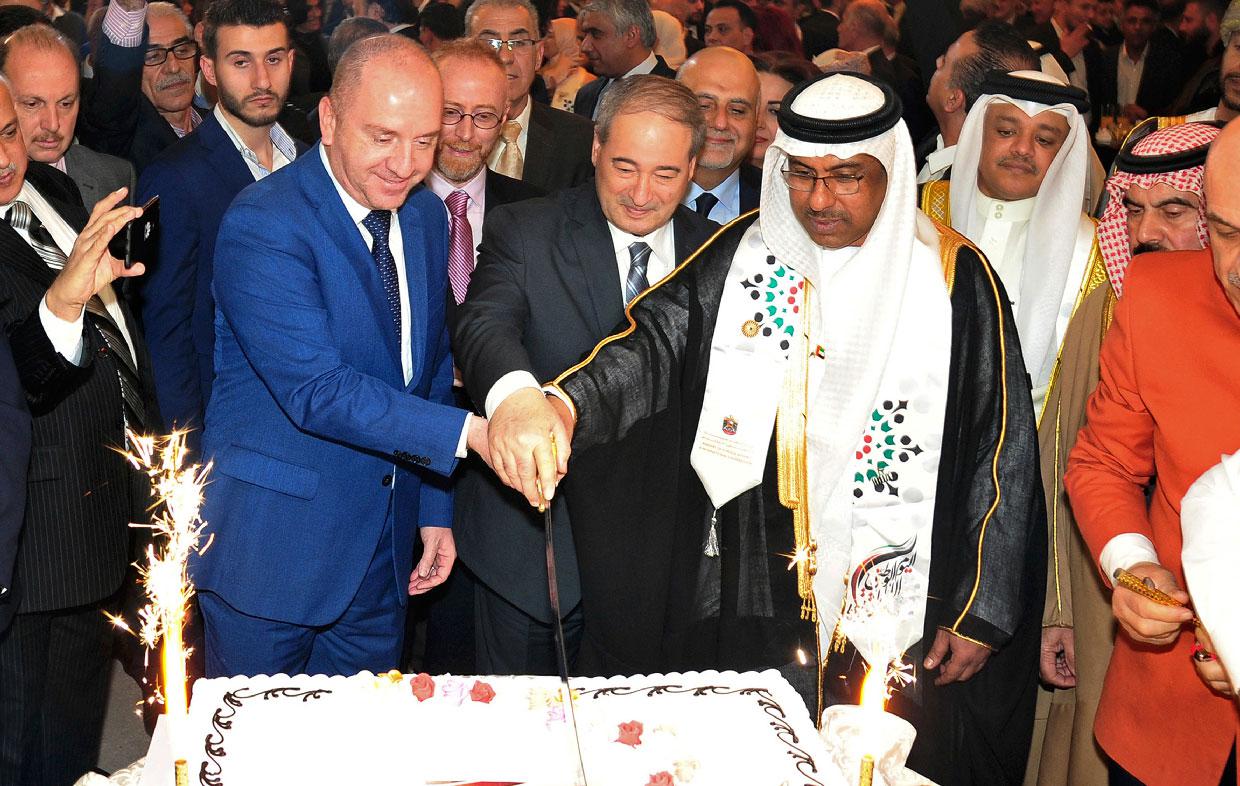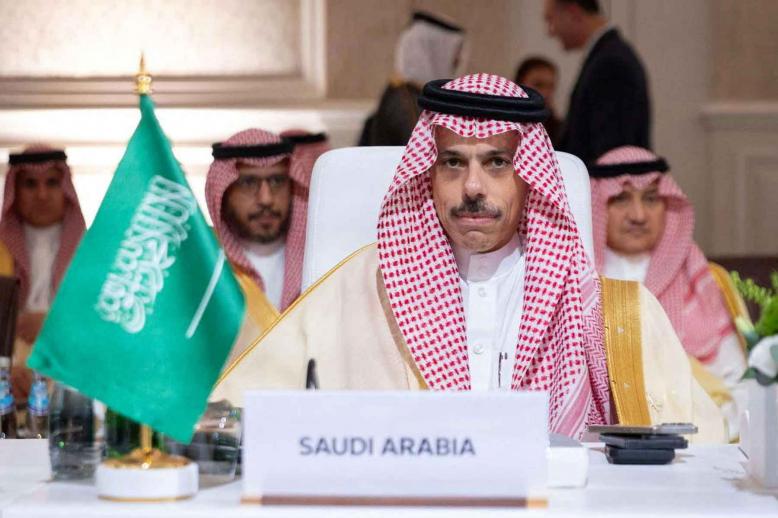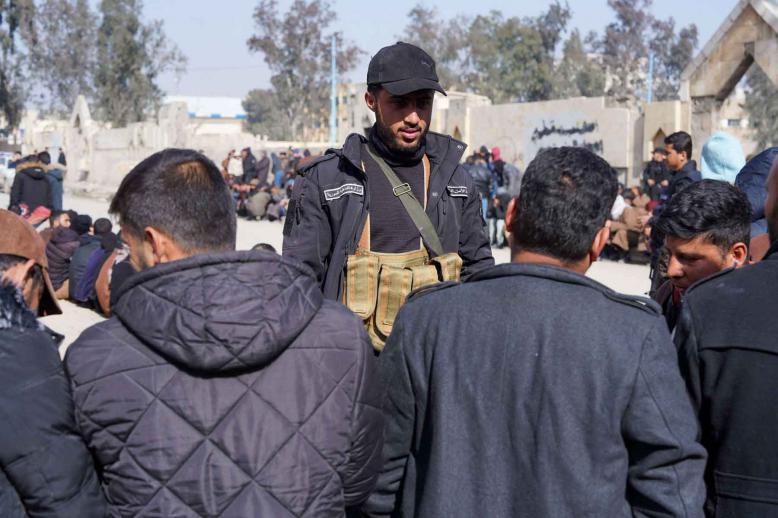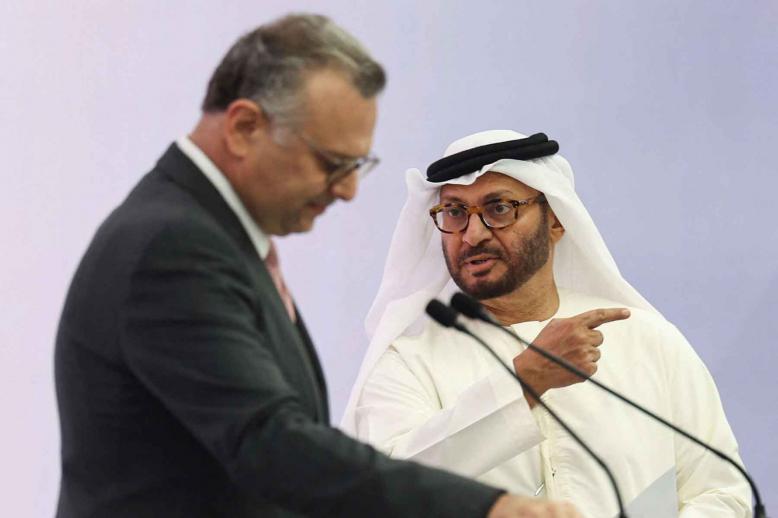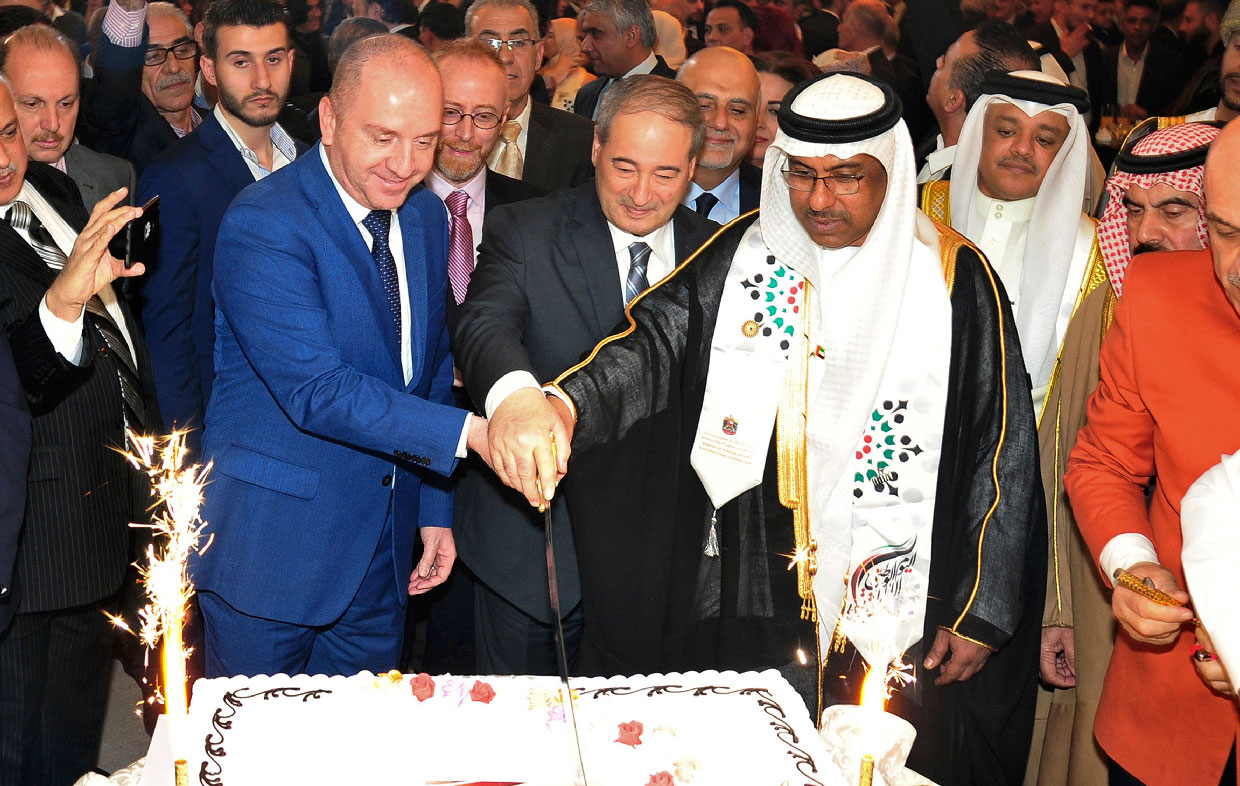UAE praises Syria's Assad for 'wise leadership'
DAMASCUS - The United Arab Emirates' top diplomat in Syria has praised President Bashar al-Assad for his "wise leadership", in one of the strongest expressions of support yet from a country that once backed Damascus' enemies in the civil war.
The two restored diplomatic ties last year and the UAE's vocal support will be welcome by Assad, who has wrested control of most of his country from rebels and jihadists and is seeking to shed his status as pariah to much of the outside world.
Speaking at a ceremony to mark UAE national day on Dec. 2, UAE charge d'affaires Abdul-Hakim Naimi said he hoped "security and stabiity prevails throughout the Syrian Arab Republic under the wise leadership of President Bashar al-Assad."
"Syria-UAE relations are solid, distinct and strong," he added, according to a video posted by Russian broadcaster RT.
The UAE has begun to forge closer ties with Damascus to counter the influence of its rivals Iran - which has supported Assad's regime throughout the war - and Turkey, which is currently seen as the main sponsor of Syrian opposition forces and has been accused of using terrorist groups as proxies.
In October, the UAE's Minister of State for Foreign Affairs Anwar Gargash condemned Turkey's military offensive against Kurdish forces in northern Syria as an act of "aggression" that "threatens the unity and sovereignty of a brotherly Arab country."
'War against terrorism'
Last December Abu Dhabi reopened its embassy in Damascus, angering Washington, which has sought to keep Assad isolated. Washington has lobbied Gulf states including the UAE to hold off on restoring ties.
At the ceremony on Monday, Syria's deputy foreign minister Faisal Maqdad thanked the UAE for its support.
"We cannot forget that the United Arab Emirates stood by Syria in its war against terrorism," he said.
Throughout the duration of Syria's civil war, that began in 2011 with the brutal repression of anti-government protests, Assad's regime has portrayed its campaign against Syrian rebels as a battle against radical Islamist terror.
Earlier in the war the UAE supported armed groups opposed to Assad. But its role was less prominent than that of Saudi Arabia and Qatar, and mainly centered on ensuring that Islamist forces did not dominate the uprising.
The UAE's stance against the spread of political Islam gives it common ground with the regime in Damascus. The Muslim Brotherhood, a transnational Islamist organisation, is seen as a component of the Syrian opposition with many influential figures based in Turkey.
Membership in the group is considered a capital offense in Damascus, punishable by death. The Syrian government outlawed the Brotherhood in the early 1980s, when its leaders led a failed revolt against then-President Hafez al-Assad, the father of current president Bashar.
Abu Dhabi, meanwhile, accuses the Muslim Brotherhood of seeking to destabilise states in the region. The group is branded a terrorist organisation by the UAE as well as neighbours Saudi Arabia and Egypt. These states' boycott of Qatar is also partly predicated on Doha's support for the Brotherhood.
Damascus has restored control over most of Syria's territory since support from Russian air strikes began in 2015, tipping the war in Assad's favour.


